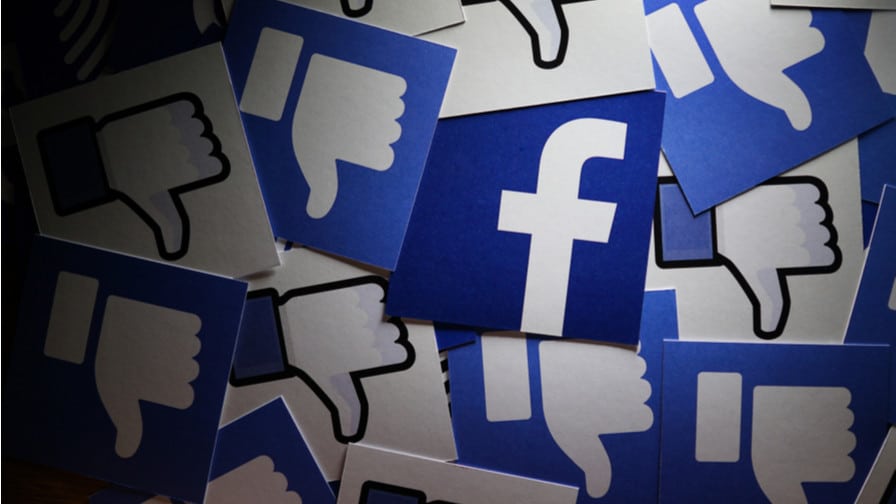As of June 29, over 100 brands including Unilever, Verizon, Starbucks, HP, and Microsoft have agreed to pull their ads from Facebook and other social media platforms amid concerns about its role in spreading hate speech and misinformation.
The announcements and boycott movement follows weeks of increasing tensions between advertisers and Facebook over its content-moderation policies since the killing of George Floyd while in police custody spurred global calls to end racism and police brutality.
However, generally speaking, misinformation or viral “fake news” on the social media network has been a persistent issue for quite some time and this has flared up even more since COVID-19 and the Black Lives Matter global protests following the events last month in the US.
“The increased momentum of the global Black Lives Matter movement during the last month has rightly drawn attention to the responsibility of media owners and publishers to protect and accurately inform readers and users,” said David Bedford, head of digital strategy at Cheil UK.
“As a result of its policing of hate speech, Facebook is now confronted with its largest-ever advertiser boycott. It’s not the first time we’ve seen advertising spend pulled momentarily – and it certainly won’t be the last.”
Too little too late?
As reported via the BBC this morning, Facebook has taken steps amid growing pressure from brands and civil rights groups around misinformation and hate speech by launching a campaign to help people spot fake news.
Steve Hatch, Facebook’s vice president for Northern Europe, said to the BBC, the media literacy campaign launched with fact-checkers FullFact is evidence that the company is “listening and adapting”.
But some have argued Facebook’s effort to tackle this ongoing issue is “too little, too late“.
“In line with the other great strides many brands are taking to address their own messaging and products in the context of a world fixated on important societal issues, brands are also reviewing where they advertise with equal importance,” added Bedford.
“This boycott is indicative of an increasing need for advertisers to not only push back on and try to instigate change from the media publishers and social media owners themselves, but to also self-reflect as an industry and think about how to improve the ways they communicate with consumers,” Bedford concluded.
